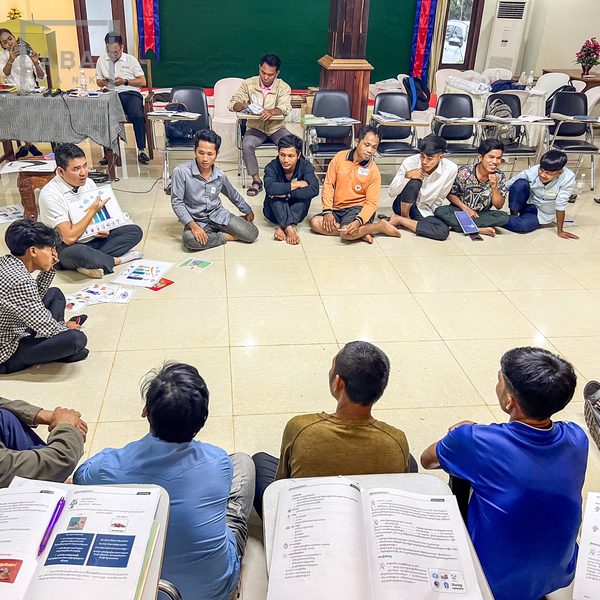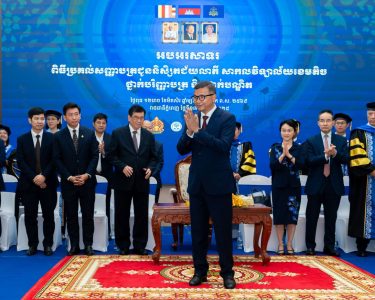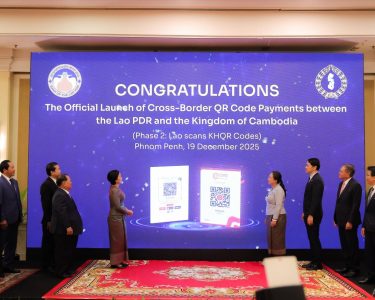Cambodia Investment Review
As part of an ongoing commitment to financial education, ABA Bank, in collaboration with Canada-based Angkor Resources Corp., is launching the third phase of its Financial Literacy Program. The program will continue to focus on the rural areas of Cambodia’s North-East Ratanakiri province. The initiative aims to empower residents with the financial knowledge required to improve both their individual economic conditions and the broader well-being of their communities.
Unlike many generic financial literacy programs, ABA Bank’s approach is nuanced and comprehensive. It covers essential topics such as financial planning and money management, but it also goes beyond to address critical but often overlooked areas like proper loan usage and strategies for avoiding over-indebtedness. The issue of spiraling debt is particularly significant in rural communities, making this an essential addition to the curriculum.
Delivering Financial Lessons in Local Languages and Dialects
Adding a unique feature to the program, ABA Bank introduced a Training of Trainers (TOT) element. Specialized sessions were conducted to prepare community trainers, enabling them to deliver financial lessons in local languages and dialects. With that, the program ensures not only wider dissemination but also better comprehension among community members who speak rare dialects of the Khmer language.

The third phase is designed to be expansive, consisting of 22 individual classes with the goal of reaching approximately 500 residents across several districts and remote villages in Ratanakiri. This is a significant scale-up from the program’s reach in 2022, which impacted over 200 villagers in the province. The logistical challenge of such an ambitious expansion is outweighed by the considerable benefits: these are the communities that stand to gain the most from structured financial education.
The initiative builds on the success of the program’s earlier phases. Last year’s efforts focused on educating more than 200 villagers in the rural sectors of Ratanakiri, equipping them with the skills required to manage their finances responsibly. The outcomes of that phase highlighted the significant demand for financial literacy education among rural communities, establishing it not as a luxury but as a critical need.
Financial Literacy Is Beneficial to Collective Economic Upliftment
Local authorities and community members have shown strong support for the initiative. They recognize that financial literacy isn’t only beneficial for individual households; it can lead to collective economic upliftment. When a community starts making smarter financial choices, it sets in motion a chain of improvements that can benefit everyone from individual families to local businesses and, ultimately, the entire community.
As the program continues to roll out, ABA Bank has extended its gratitude to all the stakeholders involved, including its collaboration partner Angkor Resources Corp., local authorities, and community members. The Association of Banks in Cambodia (ABC) shared their expertise during the preparation of the program and provided valuable addition to the training materials. The collective support of the program stakeholders is vital for the initiative’s success and for making strides in bridging the existing financial literacy gap.
The program is laying the groundwork for a new generation of Cambodians who are not only financially stable but also financially savvy, thereby making a lasting impact on the economic landscape of the country.





